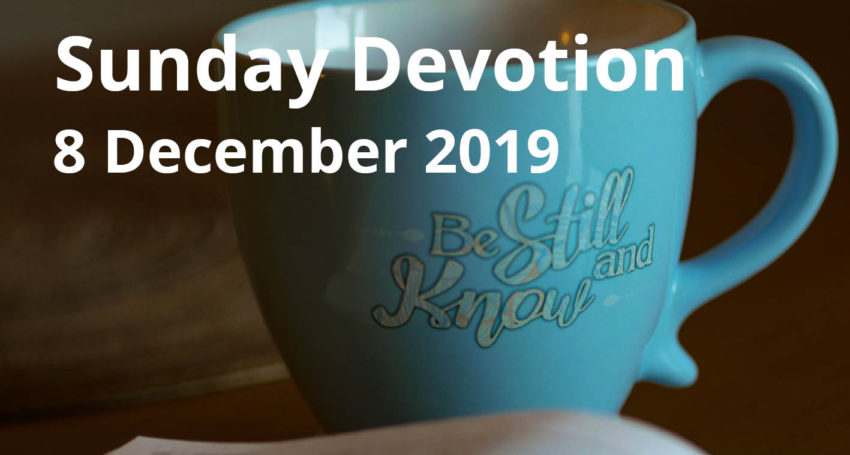
Main readings: Isaiah 11.1-10; Psalm 72.1-7, 18-21; Romans 15.4-13; Matthew 3.1-12
Supplementary readings: Psalm 129; 2 Corinthians 12.9-13; Isaiah 51.21-52.6; Psalm 72.8-17; Luke 1.57-68 (69-79) 80
“In those days John the Baptist appeared in the wilderness of Judea, proclaiming, ‘Repent’… [he] wore clothing of camel’s hair with a leather belt around his waist, and his food was locusts and wild honey.” (Matthew 3.1,4)
My favourite activity is to leave the city and go camping. To tramp wilderness trails by day, stare by night at the awesome sight of the Milky Way, and endeavour to ‘leave no trace’. A favourite campfire story is of a wild man in the wilderness proclaiming the coming of the Lord. We wonder, what would it be like to be totally reliant on the land, and totally reliant on the Lord for spiritual nourishment?
Advertisement
The church has many stories of wild men and women who throughout history have gone into the wilderness for spiritual nourishment and emerged to hold God’s people to account or teach some great truth. John the Baptiser is the exemplar. His entire persona and message reject everything the contemporary world stands for, even the world of the religious. He stands at the edge, calling past the priests, Pharisees and lawyers to the people, calling them to God. He preaches the prophets, yet bypasses the temple, offering God’s forgiveness and providing cleansing baptism. He critiques oppressive structures and rules, proclaiming instead the life-giving kingdom of heaven.
A wonderful statue* on the banks of the Arno in Florence portrays John barefoot and gaunt. His emaciated arm is lifted, pointing away into the distance. John points us towards the one coming after him, and the bigger story.
His message of repentance and the arrival of the abundant grace-full kingdom of God is pretty wild, but truth-full.
* by Giuliano Vangi





